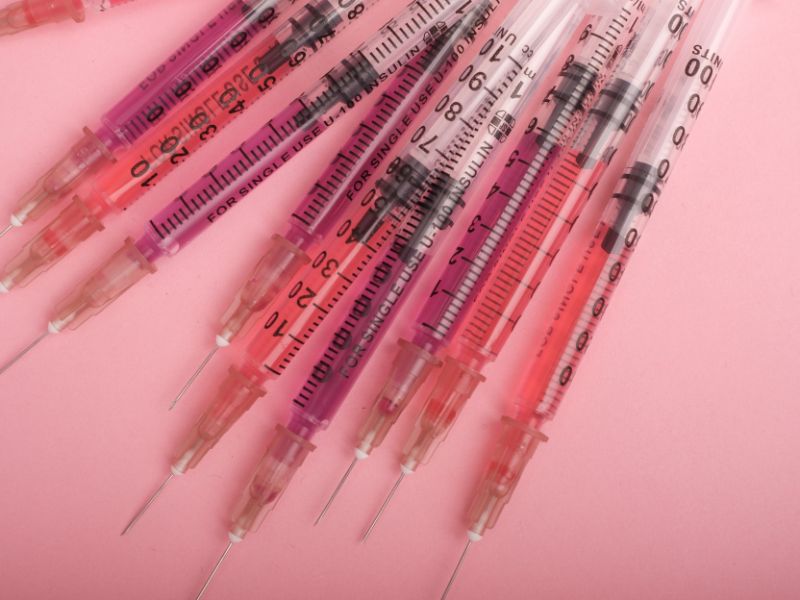Balancing Neurotransmitters for a Healthy, VIBRANT Brain
Neurotransmitters are chemical messengers in your body that regulate everything from your mood and motivation to your food cravings, libido, sleep habits, and more. In fact, virtually all functions in your body are controlled by neurotransmitters. When your neurotransmitters are balanced, your body can perform all of the necessary functions. However, when there is disrupted communication between the brain and the body, one can start to experience serious effects both physically and mentally. Let’s break down the science behind balancing neurotransmitters–something that will help you to achieve optimal, VIBRANT health!
What is a Neurotransmitter?
As I mentioned above, neurotransmitters are the chemical messengers in your body that carry and stimulate signals between neurons (or nerve cells) and target cells (cells in glands, muscles, or even other neurons) throughout the body.
Billions of neurotransmitter molecules in the body are working constantly to keep us running physically. They also serve several psychological functions such as regulating our moods, our sense of fear, pleasure, and joy. For neurons to send important messengers throughout the body, they need to be able to communicate with each other to transmit these signals. This process is called neurotransmission. It occurs in the tiny gap between neurons known as a synapse. It is in this space where the neurotransmission happens. When an electrical signal reaches the end of a neuron, it triggers the release of a neurotransmitter which moves across the gap and binds and triggers actions in the cells
.
What Types of Neurotransmitters Are There?
We are unsure just how many neurotransmitters there are in the body, but scientists have identified more than 60 distinct chemical messengers. (1) Certain neurotransmitters have different functions. They can have an excitatory action, meaning they stimulate an action. They can be inhibitory, meaning they stop certain actions. And, they can be modulatory, meaning that they can affect a larger number of neurons at the same time.
Neurotransmitters can also be classified in many ways but can be categorized into one of six types: amino acids, peptides, monoamines, purines, gasotransmitters, and acetylcholine. The science is obviously complex, but below is a short summary of the six types of neurotransmitters in the body (2).
Amino Acids:
- Gamma-aminobutyric acid (GABA): This naturally occurring amino acid acts as the body’s main inhibitory chemical messenger. GABA contributes to vision, motor control, and plays a role in the regulation of anxiety. Benzodiazepines, which are used to help treat anxiety, function by increasing the efficiency of GABA neurotransmitters, which can increase feelings of relaxation and calm. Click here for a natural alternative to benzodiazepines!
Boost GABA levels with DHH-B, a natural alternative to Anxiety Medication.
- Glutamate: Glutamate plays a role in cognitive functions such as memory and learning. Glutamine, the precursor to glutamate, Glutamate, plays a key role in treating leaky gut syndrome, which can lead to mood disorders, depression, anxiety and more.
Peptides:
- Oxytocin: This powerful hormone acts as a neurotransmitter in the brain. It is produced by the hypothalamus and plays a role in social recognition, bonding, and sexual reproduction. (3)
- Endorphins: Endorphins inhibit pain signals and can trigger feelings of euphoria.
Monoamines:
- Epinephrine: This neurotransmitter is also a hormone, also known as adrenaline. Generally, epinephrine is a stress hormone that is released by the adrenal system. However, it functions as a neurotransmitter in the brain.
- Norepinephrine: This is the fight or flight neurotransmitter. This neurotransmitter can be very high during periods of stress. It is usually its lowest when we\’re sleeping.
- Histamine: Histamine is an organic compound that acts as a neurotransmitter in the brain and spinal cord. It plays a huge role in allergic reactions and is produced as part of the immune system’s response to pathogens. Histamine also exists all around us. It’s in the air we breathe, the foods we eat, and basically everywhere in our environment.
Some of us have what is called histamine intolerance in which we react strongly to exposure to histamines in our environment. Read more about histamine intolerance here. Supporting histamine levels is one of the easiest ways to support your immune system and to prevent allergic reactions.
HistaQuel® is a comprehensive formula providing a multi-faceted, systemic approach to supporting healthy mast cell function and histamine response*
- Dopamine: Commonly known as the feel-good neurotransmitter, dopamine is involved in reward and motivation. Several types of addictive drugs increase dopamine levels in the brain. This chemical messenger also plays an important role in the coordination of body movements. Parkinson\’s disease, which is a degenerative disease that results in tremors and motor movement impairments, is caused by the loss of dopamine-generating neurons in the brain.
- Serotonin: A hormone and neurotransmitter, serotonin plays an important role in regulating and modulating mood, sleep, anxiety, sexuality, and appetite.
Purines:
- Adenosine: This naturally occurring chemical acts as a neuromodulator in the brain and is involved in suppressing arousing and improving sleep.
- Adenosine triphosphate (ATP): ATP is the energy-carrying molecule. It acts as a neurotransmitter in the central and peripheral nervous systems. Research suggests it may also have a part in some neurological problems including pain, trauma, and neurodegenerative disorders.
Gasotransmitters:
- Nitric oxide: This compound plays a role in affecting smooth muscles, relaxing them to allow blood vessels to dilate and increase blood flow to certain areas of the body.
Some have called nitric oxide one of the most important substances your body can produce. Working as an anti-inflammatory, antioxidant, neurotransmitter, and vasodilator, Nitric Oxide has been shown to help promote memory and learning, increase arousal in both men and women, protect against sun damage and skin cancer, and even regulate digestive enzymes and hormones. (4, 5, 6)
Try Our Favorite Nitric Oxide Supplement
- Carbon monoxide: This colorless, odorless gas can have toxic and potentially fatal effects when people are exposed to high levels of the substance. Interestingly, it is also produced naturally by the body where it acts as a neurotransmitter that helps modulate the body’s inflammatory response. (7)
Acetylcholine
- Acetylcholine: This is the only neurotransmitter in its class. Found in both the central and peripheral nervous systems, it is the primary neurotransmitter associated with motor neurons. It plays a role in muscle movements as well as memory and learning.
Balancing Neurotransmitters
As you’ve just learned from the short summary above (yes, that was short!), neurotransmitters are pivotal to every single process in the body. Keeping these important chemical messengers functioning properly is a complex process in which many different interventions can be employed to either stimulate, inhibit, or balance them in the body. Along with the specific supplements and IVs mentioned above, my favorite way for overall help with balancing neurotransmitters in the body is my custom-formulated Neuro Recharge IV Therapy at my practice Tringali Vibrant Health.
There is so much to say about the way that neurotransmitters function in our body. I will continue this conversation in more articles to come, but from a general standpoint, balancing neurotransmitters is one of the best things you can do to support your brain and body. When they become unbalanced, we can experience depression and anxiety, lack of motivation, and increased inflammation in the body.
NAD+ IV Therapy
NAD+ IV Therapy is a brain boosting, anti-aging treatment with far-reaching neurological benefits. NAD+ helps to reduces cravings and withdrawal symptoms, as well as boosts brain regeneration, which makes it helpful for those undergoing therapy for substance abuse or addiction recovery. Learn More
Book a NAD+IV today:
561-283-1166
Find out whether a neurotransmitter imbalance is affecting your health today by booking a consultation at Tringali Vibrant Health: 561-283-1166
If you have any questions, comments, or concerns please feel free to email me at info@tringali-health.com
-Elizabeth Tringali, PA-C
Functional Medicine Expert and Founder of Tringali Vibrant Health
Related Articles:
References:
- https://www.dana.org/article/neurotransmitters/
- https://www.verywellmind.com/what-is-a-neurotransmitter-2795394#citation-2
- https://www.ncbi.nlm.nih.gov/pmc/articles/PMC2689929/ (OXYTOCIN
- https://pubmed.ncbi.nlm.nih.gov/16443165/
- https://www.ncbi.nlm.nih.gov/pmc/articles/PMC3121276/
- https://pubmed.ncbi.nlm.nih.gov/11336572/
- https://www.ncbi.nlm.nih.gov/pmc/articles/PMC3672861/
Request a Consultation:
Are you ready to achieve optimal, VIBRANT health? Leave your name and number below to request a consult with any of our practitioners. Or, call us at 561-283-1166 today.
*These statements have not been evaluated by the Food and Drug Administration. These products are not intended to diagnose, treat, cure, or prevent any disease.









